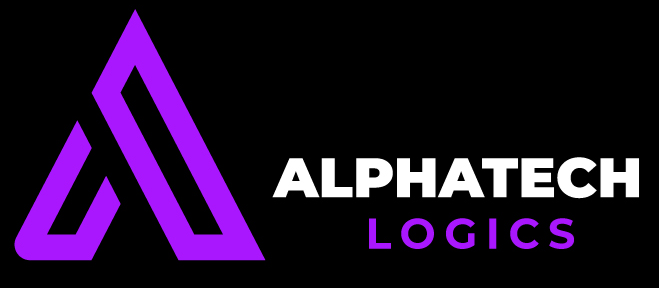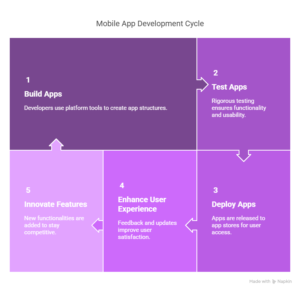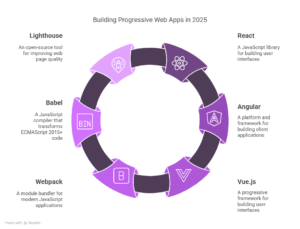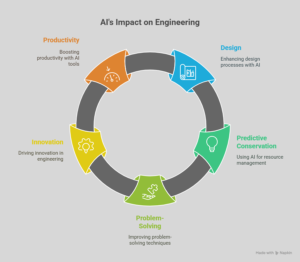The Emergence of the Metaverse
The metaverse, a virtual universe where people can interact, create, and experience a parallel digital world, is rapidly growing. Unlike traditional online games or social media platforms, the metaverse combines immersive virtual worlds with digital economies, allowing users to trade assets, services, and experiences in real time.
Key Features of the Metaverse
- Virtual Economies: The foundation of metaverse ecosystems, driven by tokens, NFTs, and blockchain technology.
- Immersive Interaction: Users engage in lifelike experiences, from games to digital worlds like Decentraland.
- Ownership and Value: NFTs enable unique ownership of virtual land, goods, and even experiences.
How NFTs Shape the Metaverse Economy
Non-fungible tokens (NFTs) are one of the most significant advancements within the metaverse. These digital assets, authenticated via blockchain, allow users to own virtual property, art, and other items that hold unique value.
What Are NFTs?
NFTs, or non-fungible tokens, are unique digital records stored on a blockchain, representing ownership of a specific asset. Unlike cryptocurrencies like Bitcoin, which are interchangeable, each NFT is one-of-a-kind, creating scarcity and uniqueness.
NFTs in Virtual Economies
In the metaverse, NFTs serve as the backbone for virtual economies. Users can purchase land, homes, cars, and other property within these virtual worlds. For example, in Decentraland, users have bought virtual real estate in high-demand districts like the “Harajuku district” or “Republic” areas. The scarcity of these properties increases their value over time, similar to how physical land operates in the real world.
The Intersection of Virtual Economies and Real-World Goods
The lines between digital and physical ownership are blurring. In the metaverse, users can not only purchase virtual assets but also invest in items that reflect their real-world identities and tastes.
Fashion and NFTs
Brands like Burberry and Louis Vuitton are already exploring this space by releasing exclusive NFTs for digital goods, from luxury bags to sneakers. For example, Louis Vuitton’s collaboration with video game Blankos Block Party includes exclusive in-game NFTs, allowing players to showcase their virtual fashion sense.
From Virtual Homes to Digital Sneakers
Virtual property extends beyond just land. Users can design their homes, furnish them with digital furniture, or even buy a virtual car. Items such as a virtual Burberry jacket or Louis Vuitton sneakers carry value within the metaverse, reflecting one’s social status in these digital worlds.
How Virtual Economies Are Evolving with NFTs
As the metaverse evolves, virtual economies are expanding to include a wide variety of digital goods, from fashion to art and property. Users can participate in games, interact in social spaces, and even attend virtual concerts—all while exchanging NFTs and tokens as currency.
Scarcity and Supply-Demand Dynamics
Just like physical economies, scarcity plays a major role in determining the value of digital assets. The limited availability of items like virtual property or rare NFTs increases their market value, creating opportunities for investment. As the metaverse expands, virtual real estate in high-traffic areas like Decentraland’s Harajuku district or Beverly Hills space will continue to see growth in demand.
Transactions and Ownership
Blockchain ensures secure ownership and seamless transactions in the metaverse. The proof of ownership and contracts tied to NFTs verify the authenticity of assets, giving users confidence in their virtual investments. This creates a trusted market where users can exchange goods and services across virtual economies without third-party interference.
NFTs and Identity in the Metaverse
In the metaverse, identity is not limited to usernames or avatars. NFTs enable a new form of identity verification where users can own digital items that reflect their personality, style, and status.
Digital Ownership as Identity
From owning virtual land to showing off a Louis Vuitton NFT, the items users collect and display help define who they are in the metaverse. Just like in real life, the things we own say a lot about us. Owning an NFT, whether it’s a piece of digital art or a virtual property, becomes a statement of identity in virtual worlds.
The Growth of Virtual Societies and Communities
Virtual societies are emerging within the metaverse, with their own set of rules, values, and economies. These societies are built on trust, shared interests, and economic transactions, allowing users to create new forms of governance and interaction.
Virtual Governance and Communities
Many metaverse platforms, such as Decentraland, allow users to create decentralized societies governed by blockchain-based rules. These communities can vote on laws, share resources, and create collective values, mirroring real-world societies. These systems often use tokens for governance, creating a democratic structure for decision-making within virtual worlds.
Economic Development and Services
In these virtual societies, services like malls, casinos, or even digital boutiques can be established, catering to the needs of the community. For instance, users can visit a virtual mall to purchase NFTs or gamble in digital casinos using tokens. As the metaverse grows, industries like tech, fashion, and entertainment are expanding into virtual spaces, providing an entirely new form of economic development.
Challenges and Future Prospects of Virtual Economies
The development of NFTs and virtual economies in the metaverse holds immense promise, but it also presents unique challenges, from scalability to regulation.
Scalability of the Metaverse Economy
As more users and businesses, such as tkxel, enter the metaverse, scalability becomes a crucial issue. The infrastructure needs to support millions of users simultaneously, ensuring smooth transactions and interactions. Blockchain technology, while revolutionary, still faces challenges in terms of transaction speed and network congestion, which need to be addressed to allow for seamless growth.
Regulation and Property Laws
As virtual worlds expand, so do questions surrounding legal frameworks. How will property rights, taxation, and contracts operate in the metaverse? The introduction of property laws and regulations will likely follow, ensuring that transactions and ownership rights are protected. Governments and corporations will need to work together to establish these rules, much like the real-world legal system.
Investment Opportunities in Virtual Economies
For investors, the metaverse offers a wealth of opportunities, from virtual real estate to NFTs. As digital assets grow in popularity, their value is set to increase, providing a new frontier for investment.
Virtual Real Estate: A Lucrative Market
Investing in virtual land, like high-demand spaces in Decentraland’s districts, offers a high potential for return. As with real-world property, location matters, and spaces near hubs of activity are seeing rapid appreciation. As the market develops, these investments could rival real-world property in terms of value.
Conclusion
The role of NFTs and virtual economies in the metaverse is revolutionary, offering new forms of ownership, identity, and interaction. As more brands like Louis Vuitton and tkxel invest in this space, the virtual world will increasingly mirror and enhance real-life experiences. From owning a virtual home to showcasing digital sneakers, the possibilities are endless. With advances in blockchain technology and growing digital societies, the metaverse is poised to redefine the future of commerce and society.





